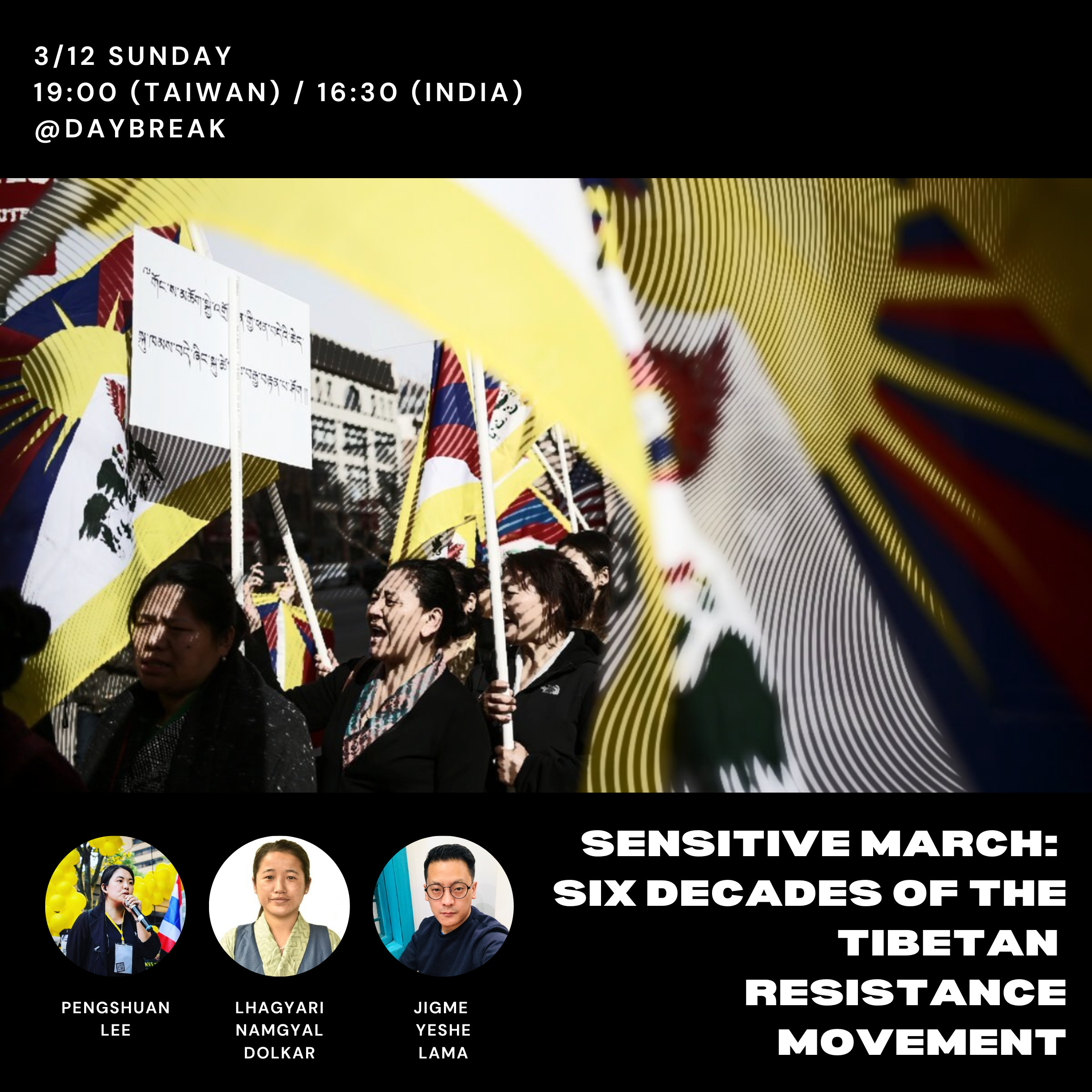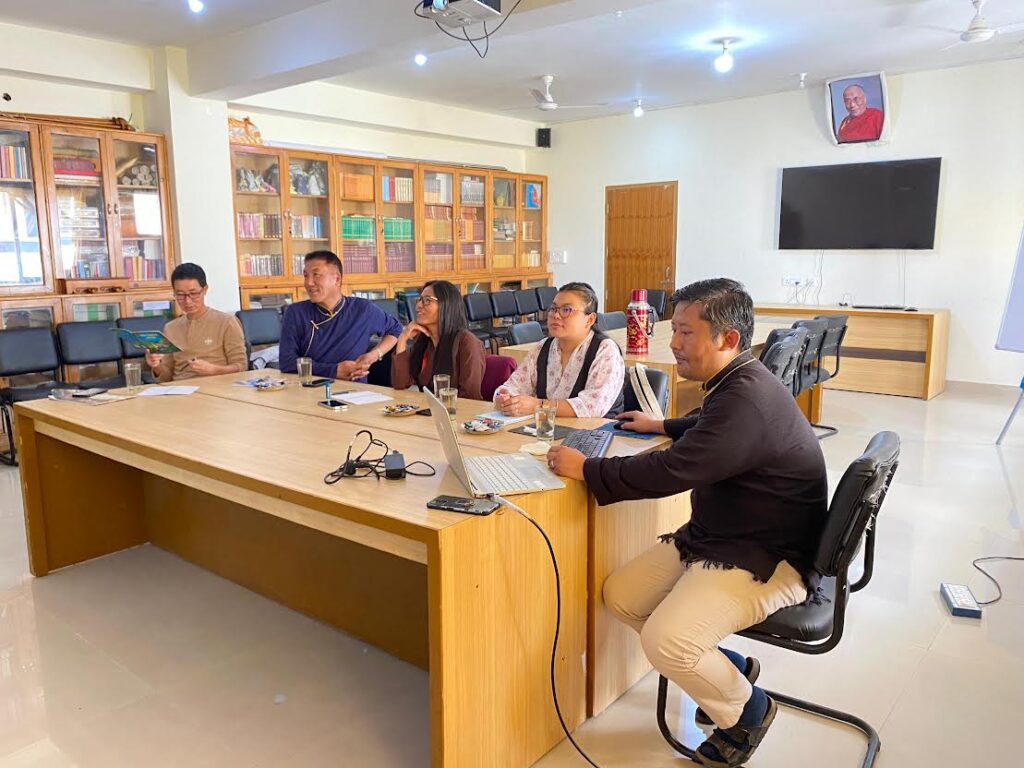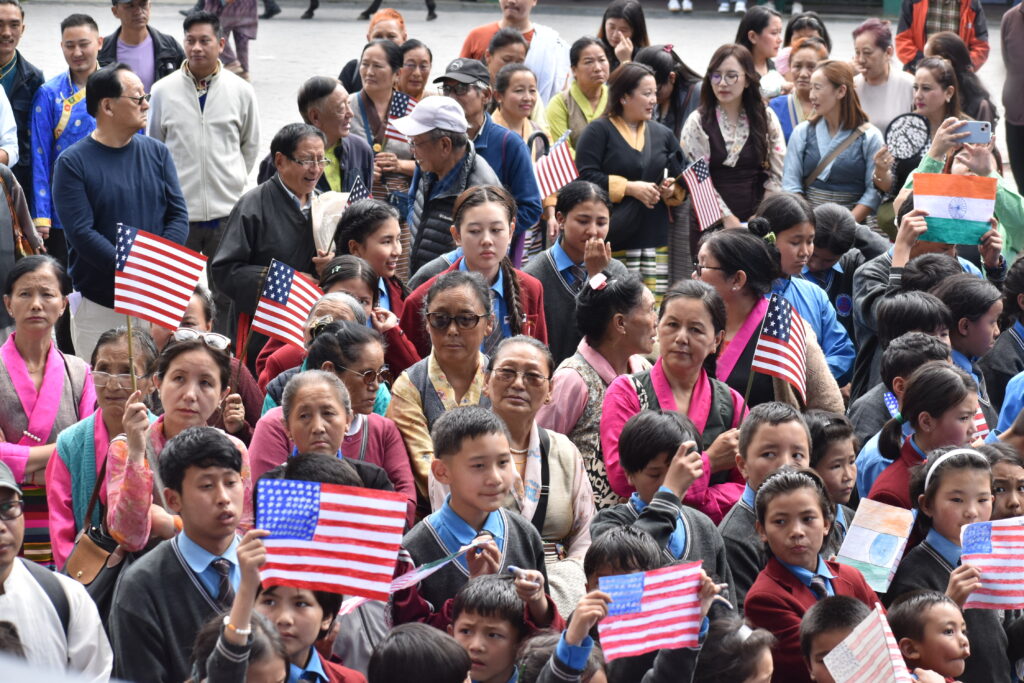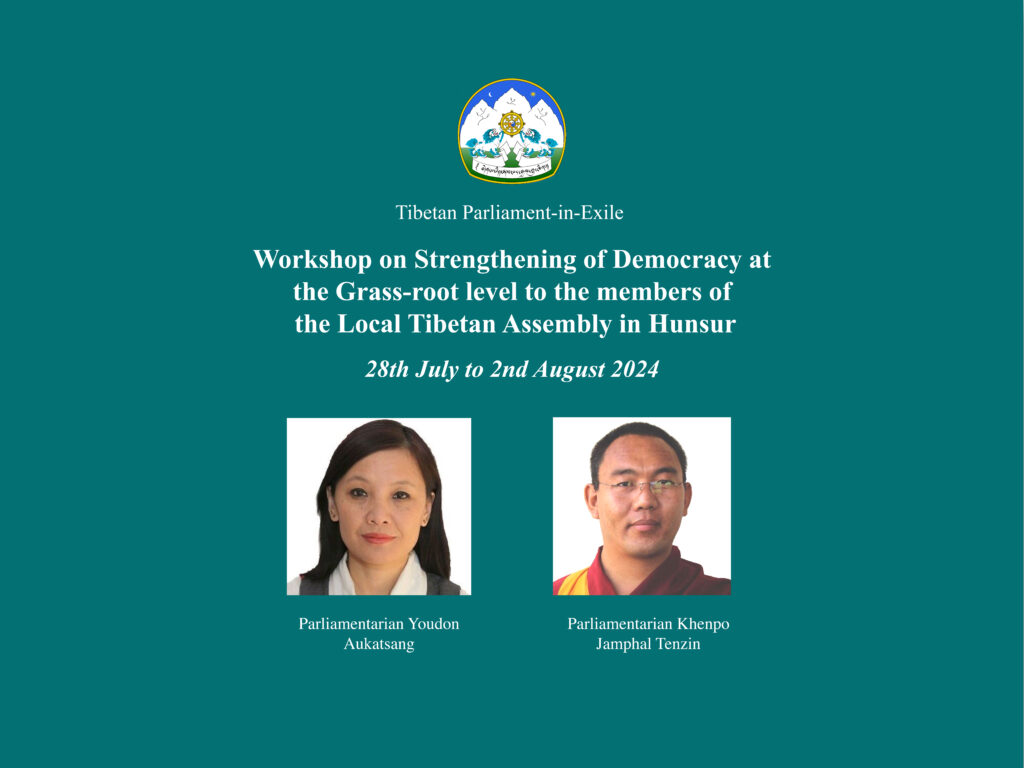
Audience at the Panel.
Taipei: In order to commemorate the Tibetan Women’s Uprising Day on March 12, Dolma Tsering, a postdoctoral fellow at the Department of Humanities and Social Science, National Yang-Ming Chiao Tung University and New Bloom Magazine, Taiwan, on the 64th anniversary of the Tibetan Women Uprising organized a panel titled “Sensitive March: Six Decades of Tibetan Resistance Movement”.
Unlike other countries, Taiwan is a unique place. It is not just located next door to China but the language that is used for communication is also Chinese. It also has many supporters of the current Communist regime. In other words, strategically Taiwan is an important place where Tibetan voices can directly reach the Chinese people and those who speak or understand the language.
This is the first time Tibetan Women’s Uprising Day was commemorated in Taiwan.
Audiences at the panel were not just limited to Taiwanese but also includes handsome numbers of foreigners in Taiwan. Dolma Tsering gave a brief introduction about the theme and explained that “Sensitive March” is the expression used by the Chinese government to indicate the fear of eruption of possible demonstration or political instability on the anniversary of the Tibetan National Uprising Day. Therefore, Tibet will undergo a lockdown with increased military and security measures from February to March. No activities related to Tibet is entertained by the Chinese in the month of March.
Aurora Chang, who is associated with the International Tibet Network (ITN) as an East Asia coordinator and New Bloom magazine moderated the panel, was one of the co-organizers. Presentation from three speakers Jigme Yeshe Lama, an assistant professor at the University of Calcutta, Lhagyari Namgyal Dolkar, a member of parliament, Central Tibetan Administration and, Peng Hsuan Lee an activist from Taiwan spoke about the 1959 Uprising and the role of women in the Tibetan resistance movement. Lhagyari Namgyal Dolkar highlighted several important issues like women political prisoners and self-immolator that is often sidelined in the discussion of Tibetan resistance movement. Penghsuan underscored the importance of expanding support for Taiwan, especially in the context of China’s constant threat of invasion and she argued that it is possible when Taiwan extends its support for the issue of concern like Tibet issue and Ukraine.
The main reason to organise this panel was to increase awareness and discussion about the Tibet issue in Taiwan and they hope to continue to bring more such activities. Last year it was organised in association with National Cheng Kung University.
–Filed by the Office of Tibet, Taiwan

Poster of the Panel featuring panelists.





